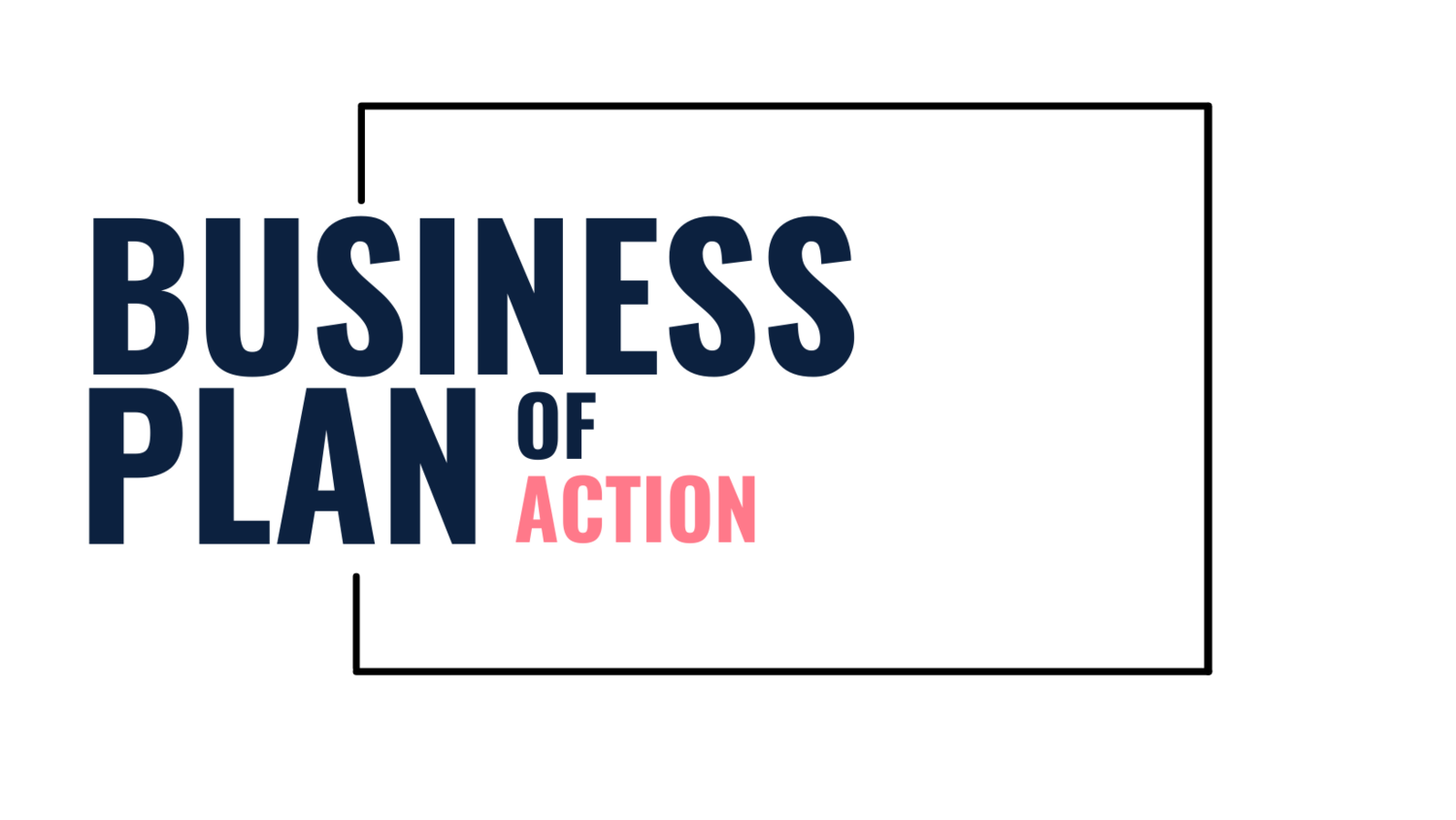Standard operating procedures (SOPs) are the glue that hold your business together. If anything were to ever happen to you, having solid SOPs will help to ensure your team can carry on for a time without you. Not only that, but they’ll also help you to hire, onboard and train new team members with minimal direction from you.
There are six key areas where SOPs can save you loads of time and money: administrative, financials, marketing and content, client work, your team and the actual product or service you offer.
No small business is immune to needing SOPs. Let me say that in a different way, juuuust to make sure I am perfectly clear: EVERY business needs SOPs. Whether you plan to grow a large team or plan to stay a solopreneur. Why? Because it keeps decision fatigue at bay; you’ll know exactly what the next step is without having to think about it. And it’ll help you make better decisions about programs and offerings down the road (or whether to make an exception about something in your calendar or marketing).
Let’s dive deeper into what SOPs you need in different areas of your business and what they should look like.
Administrative Side
If you’re a new business owner or one that helps other business owners with the admin side, you’re likely knee deep in admin tasks. This includes things like calendar management, inbox management, travel arrangements and more.
Having SOPs for the admin side of your business can save time and make delegating these tasks a cinch. Not only that, but so much of this you can automate--and then rarely have to touch. Even if you’re doing these tasks for clients. (It’s SO freeing to let go of tasks like this for yourself.)
Calendar Management: Use a scheduling system like Acuity or Calendly to make booking a call with you streamlined. If you’re a Dubsado user, you can also give its new scheduling feature a try. You can set up appointment types and even request payment prior to booking the call, and integrate Zoom so it automatically sends a Zoom link for the call.
Travel Planning: We all have our favorite airline and time to fly as well as our preferred type of lodging. Having SOPs around travel makes booking those travel arrangements easy for someone else to do. Even better, someone else (a travel agent or executive assistant, maybe?) might be able to get you a better deal and arrange for transportation to and from the airport--all at your high standards.
Inbox Management: Most business owners use an inbox like Outlook or Google that allow you to sort emails before they even land in your inbox. Use a program like Unroll.me to take care of those pesky subscriptions and hire someone to reply to routine emails.
Business Financials
Having a pulse on the financials in your business ensures that it stays healthy and viable. But that doesn’t mean you need to balance your books every day or spend endless hours inputting financial data into a spreadsheet.
SOPs, systems and a little bit of help will keep you on track. And it is possible to do this while maintaining the privacy and security you desire. Just a few of the areas you can develop financial SOPs for include payment systems, password management and budgeting.
Payment Systems: You don’t have to have your hands in your invoices on a regular basis. Instead, turn to automations! Many project management and accounting systems allow you to automate recurring invoices, allowing you to carry on business as usual and let your systems do the heavy lifting. Before setting this up, consider how the invoices will be delivered, when they need to be delivered and when you’ll automate reminder emails for those clients who don’t pay on time.
Password Management: There’s a password for everything in your business these days. From your social media to your banking and your client management system to your website, it’s so hard to keep tabs on them all. Use LastPass to keep track of passwords, and be sure to set up the folders within LastPass to keep them organized. Asking for client passwords via LastPass should be part of your onboarding process if you have your hands in client accounts too!
Budgeting: Wouldn’t it be nice if there was a never-ending supply of cash to buy all the things you want in your business? Sadly, that’s not reality. Just like in your personal life, a budget will keep you in check when it comes to spending. Know what your SOPs are for buying courses, tools and services so it’s easy (or easier) to say no when something doesn’t match the way you do business.
Of course, this is just a snapshot of the standard operating procedures you should have in your business. Like anything, it takes time to build a library of SOPs, and it’s something you’ll have to go back to and tweak as your business grows and as you develop as a business owner.
If building out SOPs is something you’re ready for, you can get started today with SOP FRAMEWORKS, over 20 proven processes to run your business . You’ll learn how to develop your systems so you can accomplish more with less effort. (That means more money in your pocket in less time!) Grab it now!



